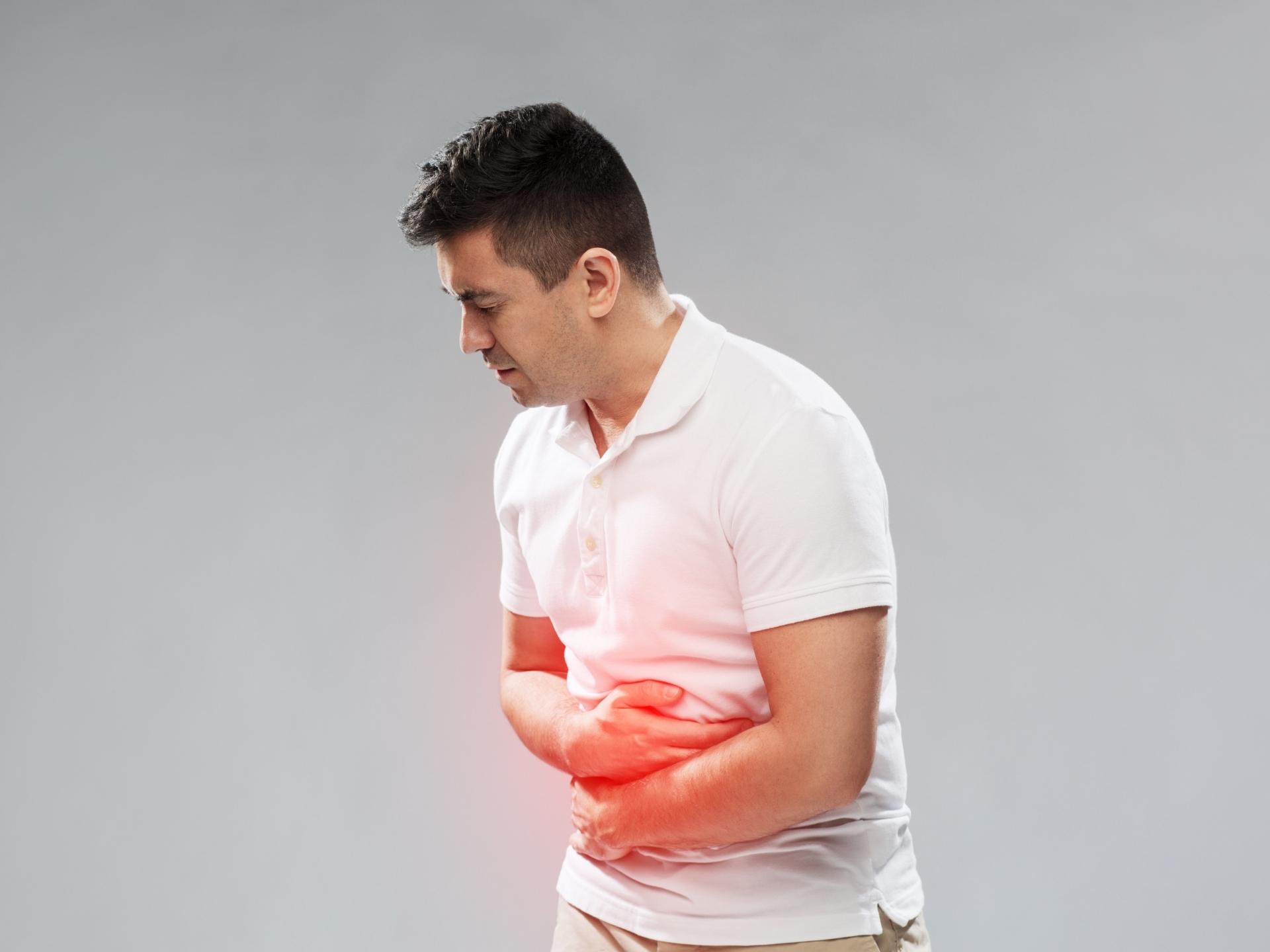Causes and risk factors
Infection is one of the major contributing factors for developing gastritis. H pylori bacterial infection is the main causative organisms. Prolong stress and use of certain non steroidal anti inflammatory drugs are the other causation in the list. Damage to the lining of the stomach due to trauma, burns or use of chemotherapy predisposes gastritis. Certain underlying diseases like sepsis, renal insufficiency and certain type of viral infection also add up to the causation. Excessive alcohol intake along with excessive of potassium and iron supplements have been reported to cause gastritis.
Clinical presentation
Gastritis is of two types- acute and chronic. In Acute gastritis the mucosal lining the stomach undergoes erosion. Hemorrhages can also occur. Chronic gastritis can be of two types- autoimmune and H pylori bacteria gastritis. Autoimmune chronic gastritis is said to pre malignant condition of the stomach. The symptoms can last short lasting or they can deteriorate the person over the long run. The patients usually come up with complaints of nausea, vomiting, and pain in epigastric region. The pain is dull aching or cramping in nature. Burning sensation is experienced in the sternal region.The vomitus is black or dark brown color. Fever, bodayche, weakness occurs. There is no desire to eat as a result of which weight loss occurs. Negligence in initiation of treatment can lead to development of chronic gastritis and formation of ulcers. Bleeding from ulceration can occurs.
Investigations
The diagnosis is done on the basis of the symptoms narrated by the patient and physical examination. Palpation of the abdomen is done by the physician pylori blood test, serum IgG antibodies test, stool examination and Barium meal X-rays are diagnostic. Certain investigations like urine routine, ultrasonography, and endoscopy can also be advised.
Treatment
Treatment comprises of administration of medications like antacids, and proton pump inhibitors. Antibiotics are started to combat the infection. In severe cases and cases of dehydration hospitalization is required. Intravenous fluid administration is done. Dietary changes are also essential for coping up with the complaints. Excessive intake of alcohol should be limited along with intake of food containing high acids or spices.
Other modes of treatment:
Certain other modes of treatment can also be helpful in coping up the symptom. Taking into consideration the symptoms in holistic way, homoeopathy can offer a good aid for the relief of the symptoms. The Ayurvedic system of medicine which uses herbs and synthetic derivates can also be beneficial in combating the complaints.






























